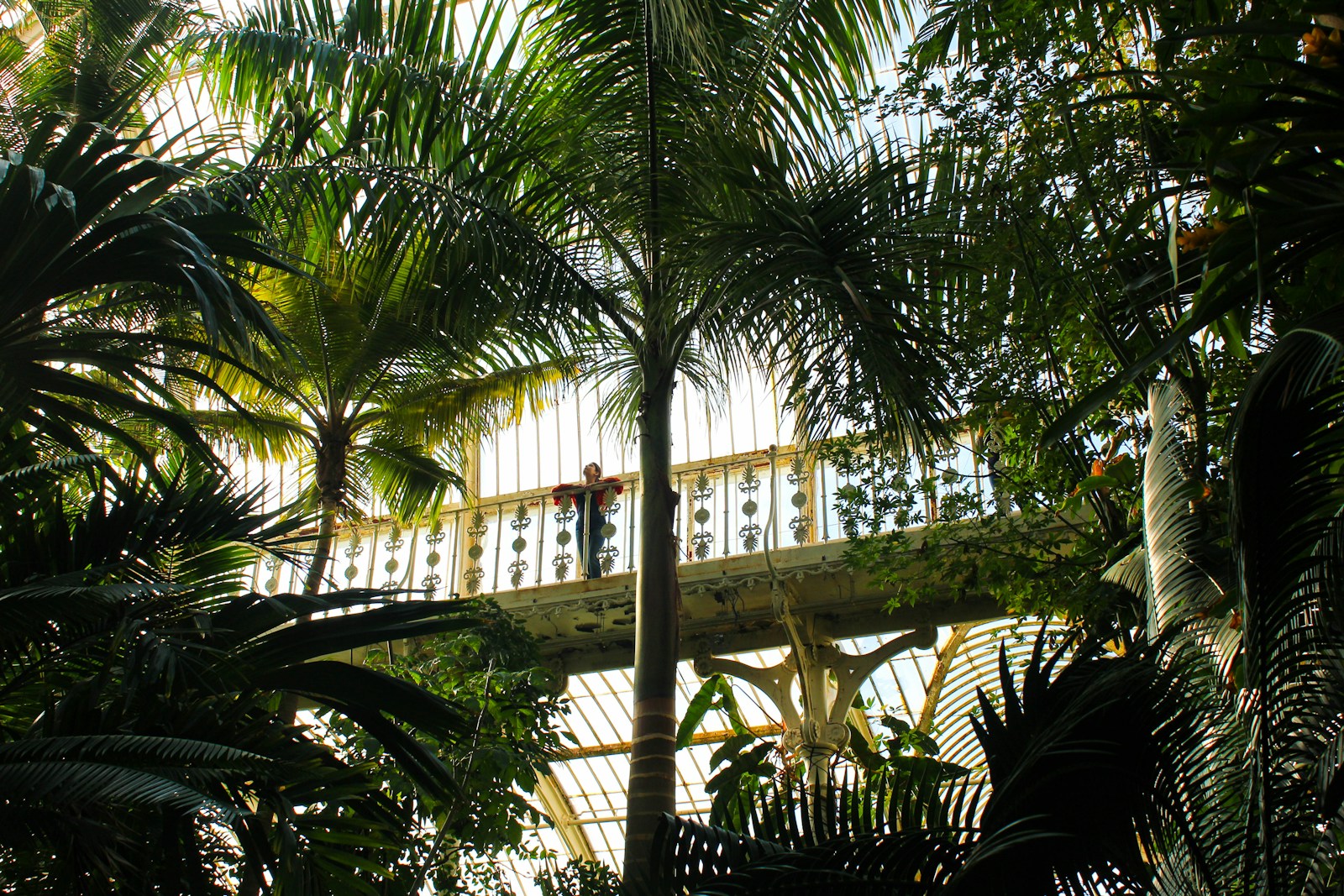In a major conservation milestone, Kew Gardens has expanded its living collection by adding over 300 new wild plant seeds, enhancing efforts to preserve biodiversity and study endangered species.
Key Points at a Glance
- Kew Gardens has added over 300 wild plant seeds to its world-renowned living collection.
- The seeds represent diverse species, including many rare and endangered plants.
- This initiative aims to safeguard biodiversity and support global conservation efforts.
- The new additions will also be used for research, education, and potential rewilding projects.
Kew Gardens, one of the world’s leading botanical institutions, has made a significant leap in conservation by adding over 300 new wild plant seeds to its living collection. This expansion reinforces its role as a global leader in preserving biodiversity and protecting endangered species.
The seeds come from various ecosystems around the world, including remote and endangered habitats. By securing these seeds, Kew Gardens ensures the survival of plant species that are threatened by habitat loss, climate change, and human activity. The newly acquired seeds include rare varieties that have never been part of the collection before, providing invaluable genetic diversity.
Kew’s living collection serves multiple purposes. It is a crucial resource for scientific research, allowing botanists to study the genetics, growth patterns, and ecological roles of plants. The collection also supports educational programs, raising public awareness about the importance of plant conservation. Additionally, the seeds could play a vital role in future rewilding and habitat restoration projects, offering hope for rebuilding ecosystems impacted by environmental changes.
Conservationists highlight that the addition of wild seeds is not just about preservation but also about understanding how plants can adapt to changing environments. By maintaining a diverse seed collection, institutions like Kew Gardens provide a safety net for the planet’s flora, ensuring resilience against future challenges.
The initiative aligns with global biodiversity targets set by the United Nations, emphasizing the urgent need to conserve natural habitats and species. As Kew Gardens continues to expand its efforts, it remains a beacon of hope for protecting the planet’s botanical treasures.
